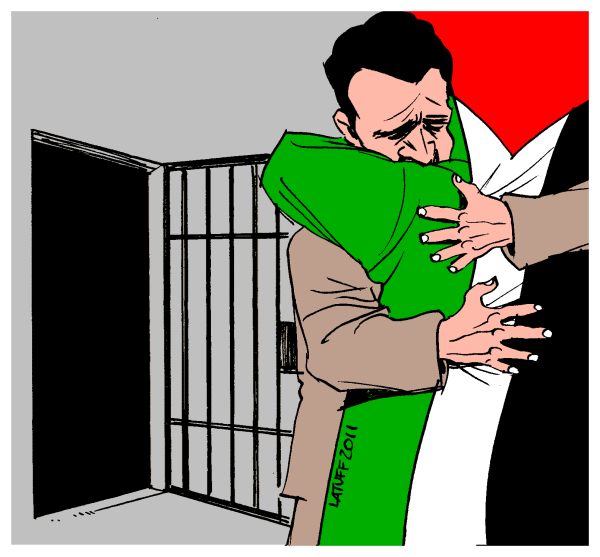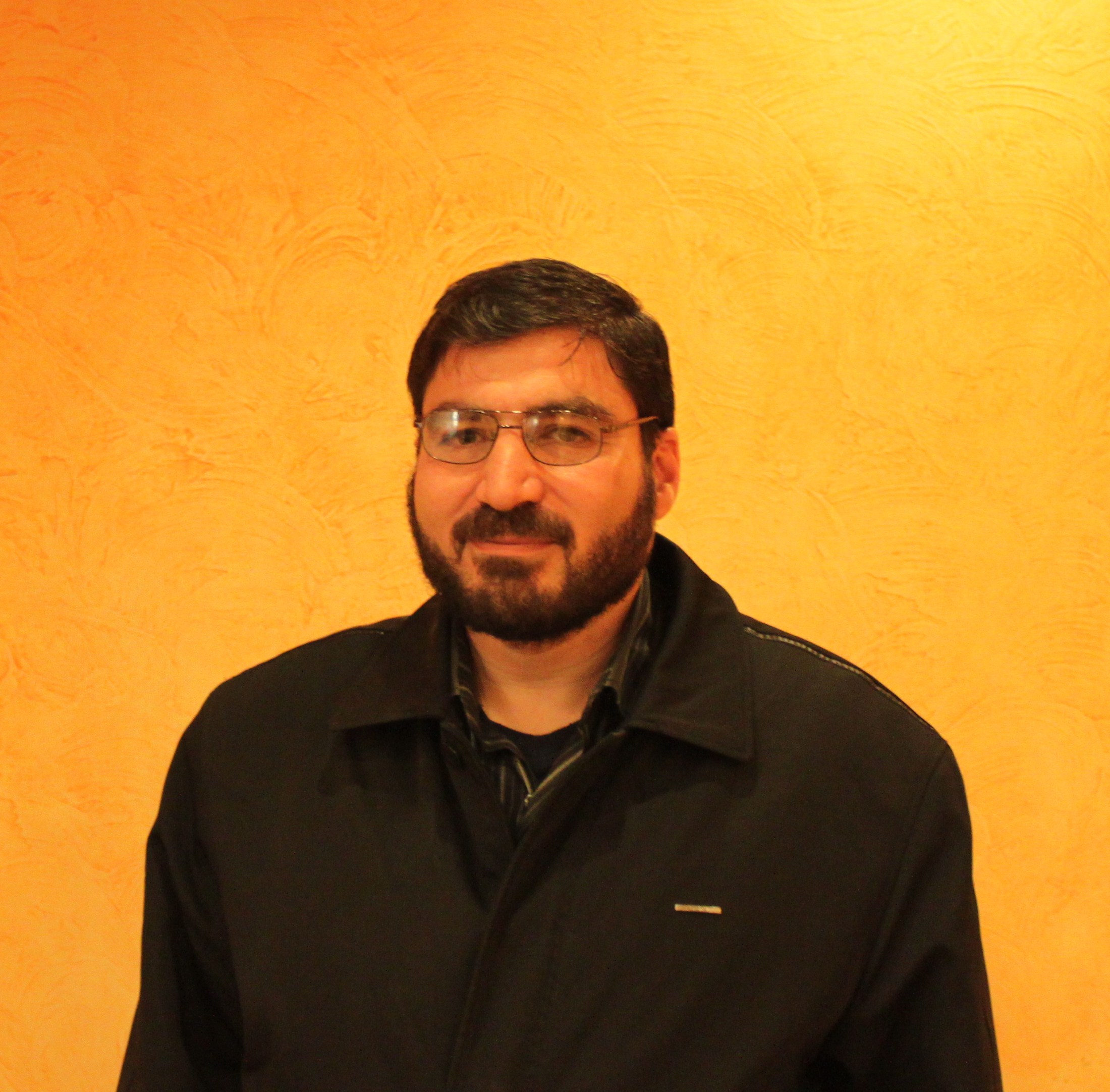Tag: Prisoner Swap
-
Prisoner release: The number game of Israel
19 December 2011 | The Raging Palestinian Yesterday marked the so called completion of the prisoner swap agreement, which commenced on October 18, 2011, when Gilad Shalit was released for a total of 1,027 Palestinians to be released from Israeli prisons in two separate waves. Yet it must be noted that the numbers do not…
-
Further violence against prisoners as the second stage of the swap deal begins
by Shahd Abusalama 16 December 2011 | Palestine from My Eyes As the second stage of the swap deal begins, Israeli jailers escalate their violations of the simplest rights of the Palestinian political prisoners behind bars and exercise more violence against them. Such are the typical actions of typical Zionist soldiers. A statement I have…
-
“Like the Wild West:” Ex-prisoner lives with bounty on his head
by Alistair George 13 December 2011 | International Solidarity Movement West Bank “I see my situation as a cowboy film, like the wild west” says Hani Jaber, showing ISM a poster, written in Arabic saying: ‘Wanted: if anyone has any information about the whereabouts of the killer Hani Jaber, please call us on this number…


